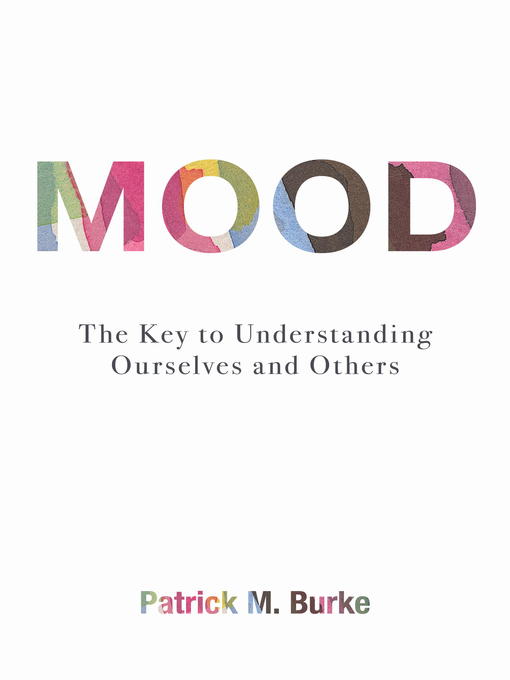
Mood
The Key to Understanding Ourselves and Others
کتاب های مرتبط
- اطلاعات
- نقد و بررسی
- دیدگاه کاربران
نقد و بررسی

September 2, 2013
Psychiatrist Burke’s turgidly written study is a repetitious, clinically dispassionate, and deeply academic work. Drawing on Heidegger’s notion of mood as being “situated in the world,” Burke then defines mood for his purposes: “Mood is what makes things matter, and each of us remains tuned to the world in our own special way. Our tuning is our mood; and, our mood makes things matter by revealing and differentially disposing us to the possibilities presented.” He proceeds to examine mood and its development, the interaction between genes and environment in said development, and the variety of clinical disorders that arise out of a person’s being “out of tune”—anxiety disorders, depression, bipolar disorder, disruptive behavior disorders. Because each individual is uniquely tuned, mood disorders cannot be treated with a one-diagnosis-fits-all approach. Rather, Burke strongly advocates an approach that focuses on the individual and not the disorder. His emphasis on the individual and not the malady sets his approach apart from standard attitudes toward mood disorders, but the book’s jargon-filled prose and its professional tone guarantee that his study will not reach far beyond the walls of the clinic.

























دیدگاه کاربران